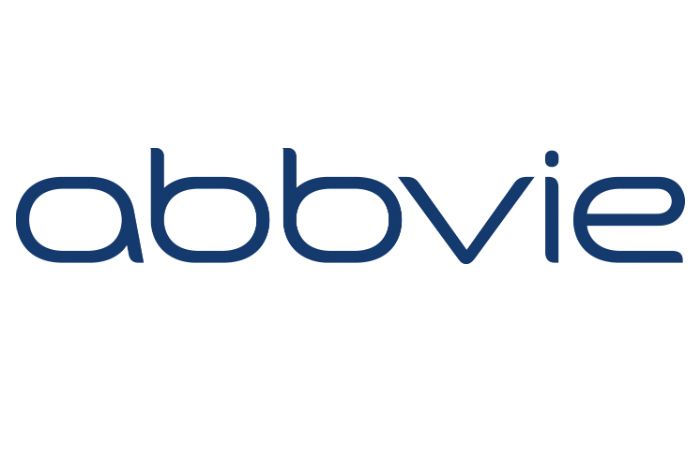Upadacitinib Effective in Treatment of Atopic Dermatitis

Today, Abbvie announced 24-week results from the phase 3b Heads Up study that evaluated the efficacy and safety of upadacitinib (RINVOQ®, 30 mg, once daily) versus dupilumab (DUPIXENT , 300 mg, every other week) in adults with moderate to severe atopic dermatitis who were candidates for systemic therapy.
These findings were published in JAMA Dermatology.
Upadacitinib treatment comes in the form of the prescription medicine RINVOQ, which is used to treat adults with moderate to severe rheumatoid arthritis in whom methotrexate did not work well or could not be tolerated. However, it is not known if RINVOQ is safe and effective in children under 18 years of age.
The publication noted that of the patients treated with upadacitinib, 71% achieved EASI 75 at week 16 compared to 61% of those treated with dupilumab.
Additionally, upadacitinib demonstrated statistically significant greater efficacy regarding early reduction in itch (31%) and rates of skin clearance improvement, with patients recording clear skin (28%) and almost clear skin (61%) results.
The study investigators reported that the safety profile of upadacitinib was consistent with what was observed in the Phase 3 pivotal studies, Measure Up 1, Measure Up 2 and AD Up, with the most common adverse events being acne for the upadacitinib group and conjunctivitis for the dupilumab group.
Serious adverse events occurred in 2.9 percent of those receiving upadacitinib and 1.2 percent of those receiving dupilumab
"In this study, upadacitinib 30 mg demonstrated a more rapid onset of action compared to dupilumab, with patients experiencing a reduction in itch at one week and skin clearance improvements at two weeks," said Andrew Blauvelt, MD, MBA, lead investigator for the Heads Up study and president of Oregon Medical Research Center in Portland, Oregon.
"In addition," he continued, "more upadacitinib-treated patients achieved high levels of skin clearance, such as EASI 90 and 100, by 16 weeks of treatment."